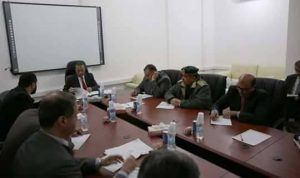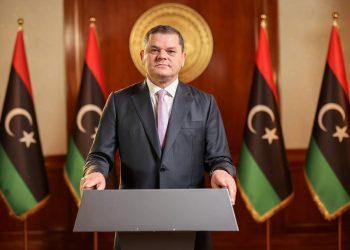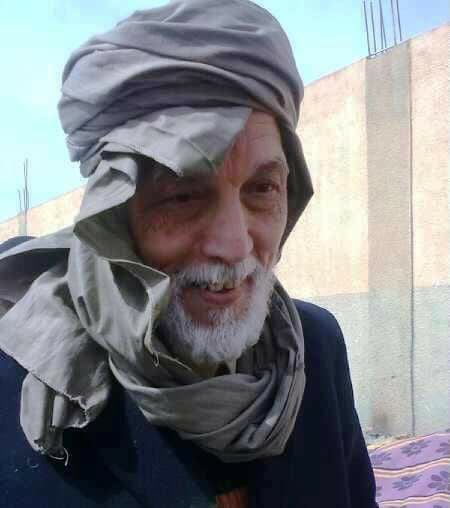By Libya Herald reporters.

Benghazi, 28 February 2017:
There are reports that Major-General Abdul Razzak Al-Nazhuri may have been challenged at a Beida government cabinet meeting today over some of his decisions as regional military governor. However a source told this newspaper that the issue of the current travel restrictions on Libyans between 18 and 45 was not raised.
Interim prime minister Abdullah Thinni and his ministers were also joined at their Beida meeting by the eastern CBL chief Ali Hebri and eastern NOC chairman Nagi Maghrabi.
The agenda was dominated by the continuing death of cash in eastern banks as well as the Beida government’s 2017 budget. Last year Hebri agreed with his former boss Tripoli CBL governor Saddek Elkaber that the two central banks should work together in the face of the financial crisis confronting the whole country. Thus in theory today Hebri should have provided a line to CBL thinking in Tripoli.
Likewise eastern NOC’s Maghrabi has linked to Mustafa Sanalla the internationally-recognised NOC chief in Tripoli. With the Libyan National Army’s ousting last year of Ibrahim Jadhran’s Petroleum Facilities Guard from the eastern export terminals in the so-called Oil Crescent, NOC’s production has risen strongly to some 700,000 bpd. The increased oil income is channelled through the CBL in Tripoli.
It is unclear if Thinni and his ministers also discussed the approaches that reportedly continue to come from Khalifa Ghwell, the head of the resurrected National Salvation government in Tripoli. Ghwell has proposed the formation of a united political front to sideline the Presidency Council headed by Faiez Serraj.
From his base in the Rixos complex in the capital Ghwell has declared that the PC and its Government of National Accord have failed and are no longer legitimate. However Thinni has insisted that the House of Representatives be recognised as the sole parliament whereas Ghwell still claims to draw his legitimacy from the rump of the rump of the original parliament, the General National Congress, most of whose members agreed to dissolve the body and remerged as the State Council headed by Abdulrahman Sewehli.









